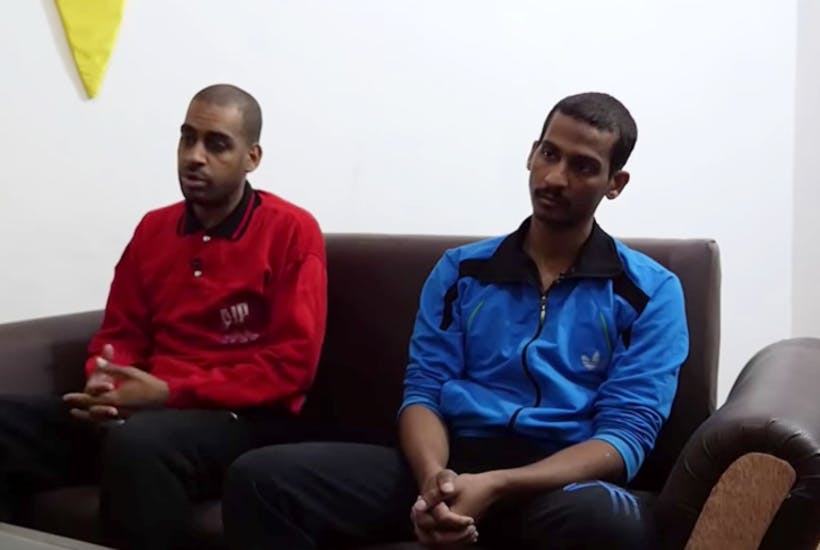The High Court yesterday rejected a challenge over the Government’s decision to share evidence with the US about two alleged members of the Isis Beatles, El Shafee Elsheikh and Alexanda Kotey. Crucially, ministers had provided this evidence without seeking assurances that the pair will not face the death penalty.
The judgement by the Lord Chief Justice in this judicial review is important and will be welcomed with relief by the detectives working on the case at the counter terrorism command at Scotland Yard, the CPS lawyers and ministers at the Home Office. Had the Government lost, the Home Secretary’s decision not to seek assurances on the death penalty from the US would have handed a propaganda victory to Islamic State. It would also have emboldened foreign terrorist fighters across the world and seriously undermined the UK’s strategy of tackling terrorism through the rule of law.
The families of those brutally murdered would have been left bewildered as two notorious suspected mass murderers walked free, potentially posing a future serious threat – and all because the UK and the US could not agree a way of sharing evidence for a trial. A decision against the Home Secretary would also have threatened the long-standing intelligence and evidence-sharing relationship between the UK and US, upon which so many successful terrorism trials depend.
This was a unique and unprecedented case, with the Government’s established policy of “seeking assurances” relating to the death penalty tested against domestic and international law. It was a bold and brave decision by Sajid Javid, going against years of precedent and the decision of his predecessor. But his decision has been vindicated by the judgement.
Javid acknowledged that, in sharing evidence with the US without seeking any assurances, there is a serious risk that Elsheikh and Alexanda Kotey will face the death penalty if convicted. But he correctly judged that these risks were outweighed by the risks of no prosecution at all.
The priority for police is always to try and gather sufficient evidence to prosecute British terrorist suspects in the UK. Had Mohammed Emwazi, the Islamist extremist who came to be known as ‘Jihadi John’, been captured rather than killed in a drone strike, it is likely that he would have been put on trial in the UK as the evidence gathered in Britain was overwhelming.
The case against Elsheikh and Kotey is considerably more complex with evidence available in several different nation states. But nevertheless, this High Court judgement means that a trial of Elsheikh and Kotey for some of the most brutal terrorist offences ever committed will now take place in the US with UK assistance. This is a victory for the Home Secretary, for the application of the rule of law in defeating terrorism – and for common sense.
Richard Walton is a senior fellow at Policy Exchange and former head of counter terrorism command at Scotland Yard






Comments